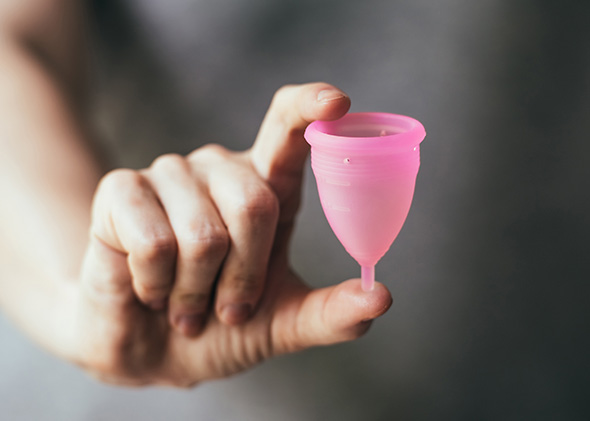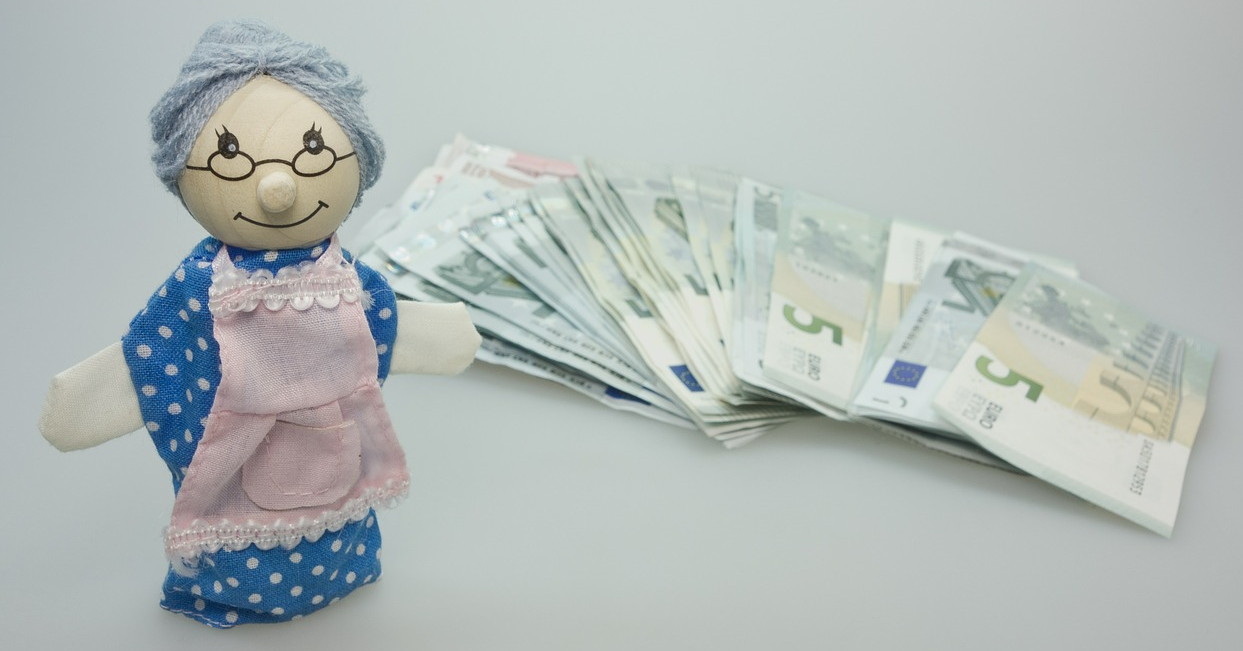(This article has been taken from http://simplemom.net/tips-to-go-green-at-home/)
?There are many little things we can do in our homes to play a small part in reducing landfill waste, cleaning the air, and preserving the natural landscape. But we double our efforts when we get our kids involved, helping them understand thewhy to our what.
When they get it, it’ll be second nature to them when they’re adults—and that much easier to pass it down to their children.
Here are some small, easy, green choices we can make in our homes. Choose three that you’re not already doing, and make a point to do them this year.Perhaps they’ll become a habit.
1. Plant an herb garden. It’s good to have a reminder around of where our food originates, and this one is super easy.
2. Switch all your lightbulbs to CFLs (or at least switch a few).
3. Create a homemade compost bin for $15.
4. Switch one appliance to an energy-efficient model (look for the “energy star” label).

Photo from Flip & Tumble
5. Stop using disposable bags. Order some reusable bags—my favorites are Flip & Tumble. Or, make your own—they’re insanely easy.
6. Buy an inexpensive reusable water bottle, and stop buying plastic disposable bottles. Then watch The Story of Bottled Water, a short movie about the bottled water phenomena.
7. Wash laundry in cold water instead of hot.
8. Turn off lights when you leave the room.
9. Don’t turn on lights at all for as long as you can—open your curtains and enjoy natural light.
10. Drive the speed limit, and combine all your errands for the week in one trip.

Photo by Kamyar Adi
11. Better yet, walk or ride a bike to your errands that are two miles or closer.
12. Support your local economy and shop at your farmer’s market.
13. Turn off your computer completely at night.
14. Research whether you can sign up for green power from your utility company.
15. Pay your bills online. Not only is it greener, it’s a sanity saver.
16. Put a stop to unsolicited mail — sign up to opt out of pre-screened credit card offers. While you’re at it, go ahead and make sure you’re on the “do not call” list, just to make your life more peaceful.

17. Reuse scrap paper. Print on two sides, or let your kids color on the back side of used paper.
18. Conduct a quick energy audit of your home.
19. Subscribe to good eco-friendly blogs. My favorites Keeper of the Home, Kitchen Stewardship, Live Renewed, and of course, Simple Homemade.
20. Before buying anything new, first check your local Craigslist or Freecycle.
21. Support local restaurants that use food derived less than 100 miles away, and learn more about the benefits of eating locally.
22. Fix leaky faucets.
23. Make your own household cleaners. I’ve got quite a few recipes in my book.

Photo by Kasia
25. Watch The Story of Stuff with your kids, and talk about the impact your household trash has on our landfills.
26. Learn with your kids about another country or culture, expanding your knowledge to other sides of the world.
28. Lower the temperature on your hot water heater.
29. Unplug unused chargers and appliances.
30. Repurpose something. It’s fun.
31. Collect rainwater, and use it to water your houseplants and garden.

Photo by Lori Ann
32. Switch to cloth diapers – or at least do a combination with disposables. Even one cloth diaper per day means 365 fewer disposables in the landfill each year.
33. Switch to shade-grown coffee with the “Fair Trade” label.
34. Use a Diva Cup for your monthly cycles. At the risk of TMI, I’ve been using mine for more than five years now.
35. Use cloth instead of paper to clean your kitchen. Be frugal, and make these rags out of old towels and t-shirts.
36. Use cloth napkins daily instead of paper.
37. Read Animal, Vegetable, Miracle, and be utterly inspired.

38. Repurpose glass jars as leftover containers and bulk storage, especially in the kitchen.
39. Watch the myriad documentaries on Netflix about the food industry. Some of my favorites are Food Inc., Fresh, and What’s on Your Plate?. My daughter was totally mesmerized with that last one—it’s insanely important that our kids understand where our food originates.
40. Donate to—and shop at—thrift stores. You’ll be recycling perfectly usable items, you’ll be supporting your local economy, and you’ll be saving money.





Can I simply say what a aid to seek out someone who really is aware of what theyre talking about on the internet. You definitely know how to carry an issue to light and make it important. More folks have to learn this and perceive this side of the story. I cant imagine youre not more common because you positively have the gift.
Best trees you can fine in Hawai !